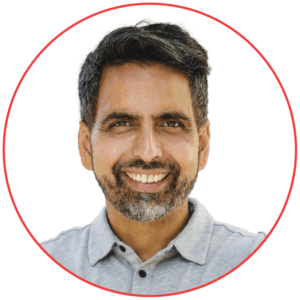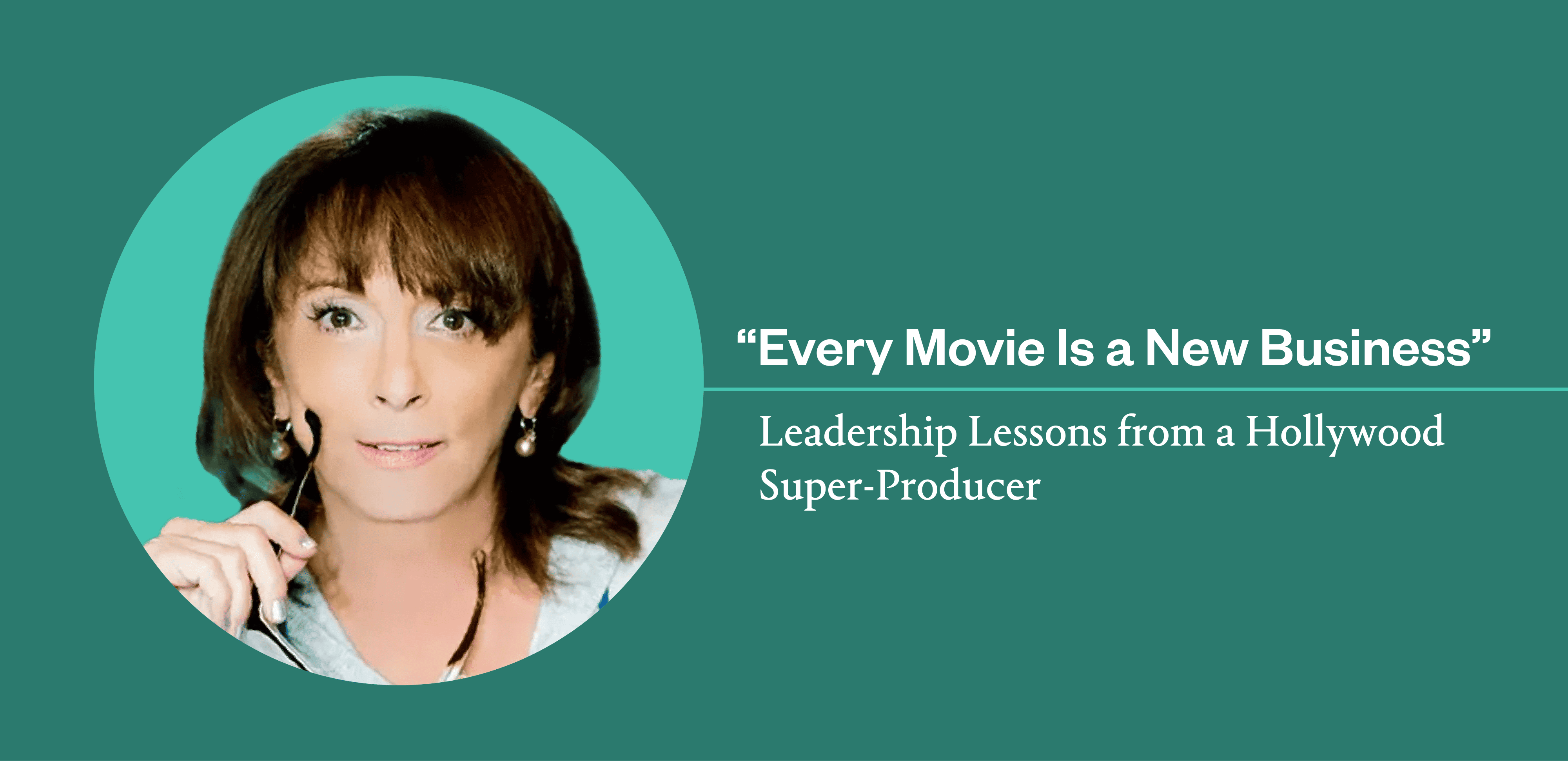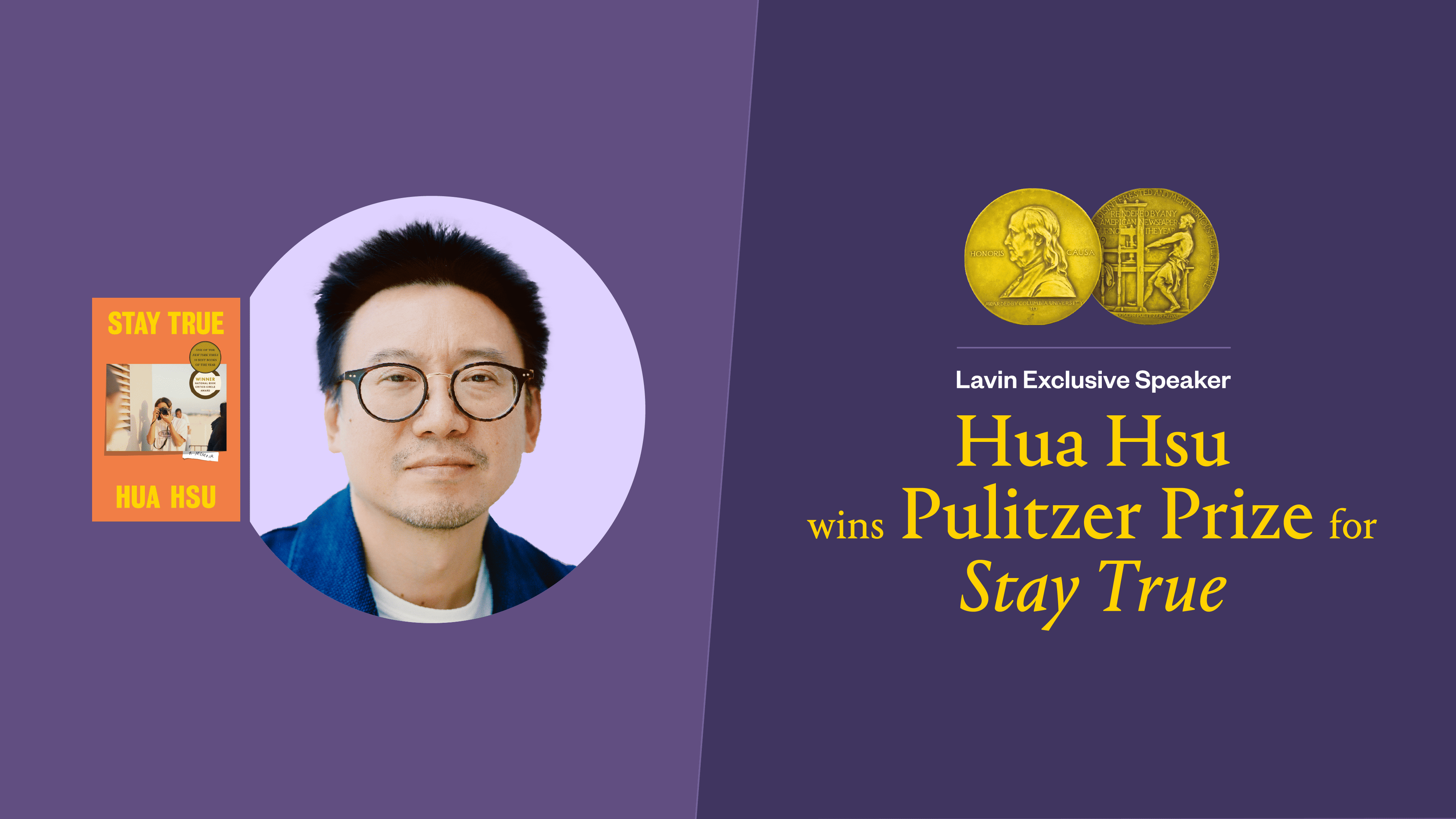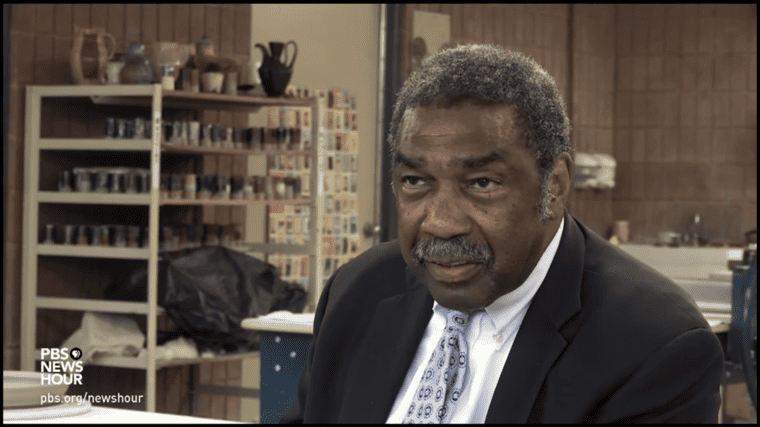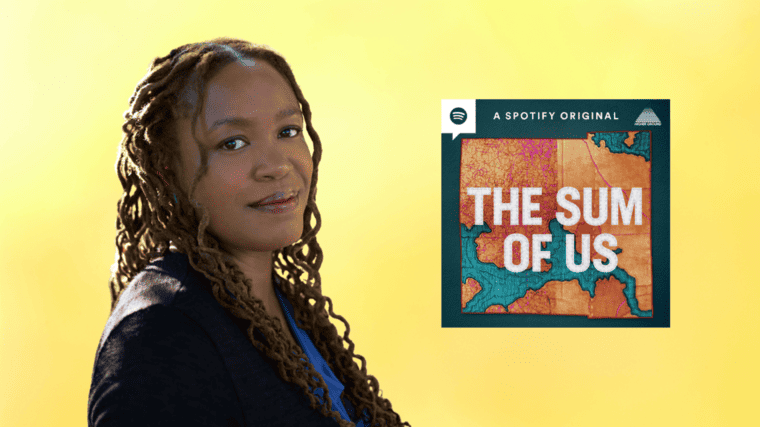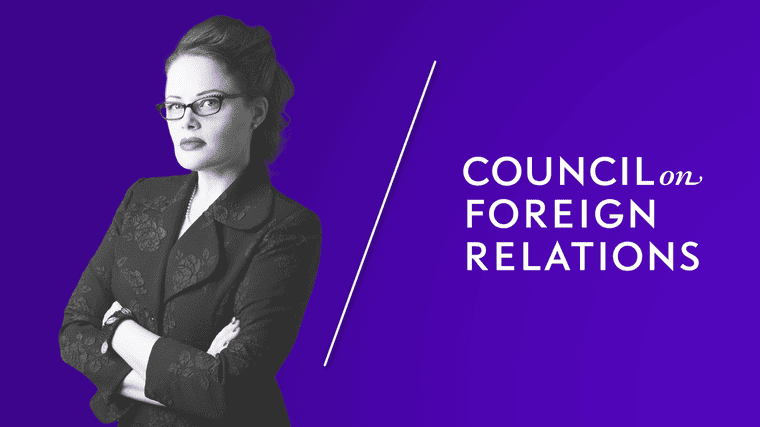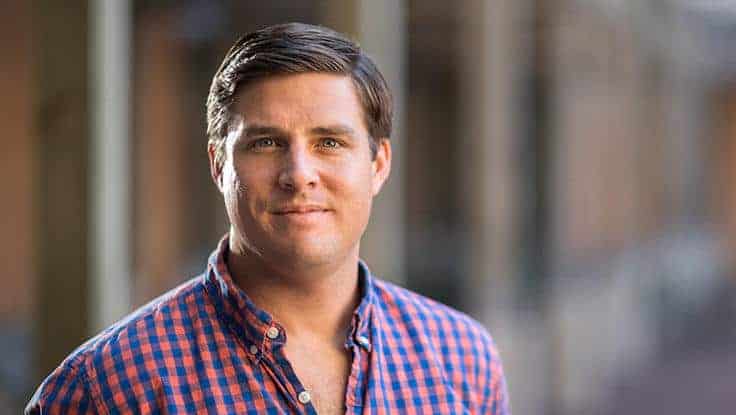THIS YEAR AT SXSW
South by Southwest is one of–if not the–largest conferences in the world, bringing together the brightest minds together under one roof to share ideas, learn, grow, and create new possibilities. SXSW began in 1987 in Austin, Texas, as a small music festival aimed at connecting emerging artists with industry professionals, and quickly gained a reputation as a valuable networking and discovery event. In the 1990s, SXSW expanded beyond music, adding film and interactive media, which positioned it at the forefront of the digital revolution. By the 2000s, tech startups like Twitter and Foursquare used the festival to gain mainstream attention. The event became a hub for creatives across industries, blending music, film, and technology in a way that encouraged collaboration and innovation.
Today, SXSW is a major cultural event, attracting speakers, artists, and entrepreneurs from around the world. With past participants ranging from former U.S. presidents to breakthrough musicians, it continues to be a space where ideas are shared, trends are set, and industries evolve. For years, LAVIN speakers have been at the forefront of SXSW keynotes and featured sessions. This year, with generative AI in full force, two LAVIN speakers have been invited to share their unique perspectives on technology and how to collaborate with it in ways that maintains your humanity.
JOHN MAEDA – AI and DESIGN
John Maeda is a world-renowned artist, graphic designer, and computer scientist who works at the intersection of art, design, and technology. As the VP of Design and Artificial Intelligence at Microsoft and the former President of The Rhode Island School of Design, Maeda has seen first hand the power of AI and design; and with the rise of automated design software and design on autopilot, he has a front row seat to the world it’s creating. There is a shift happening where designers are training AIs to automate daily work. John Maeda shares the challenges and opportunities that brings, and makes us reflect on the parts that need to maintain their humanity.
DOUGLAS RUSHKOFF – WEIRDING THE DIGITAL
Douglas Rushkoff is a renowned visionary and one of the worlds most influential thinkers. He has spent over three decades writing about AI and emerging technologies, and how they are shaping the world around us. Technology, while starting out as a haven for counterculture and strange new ideas, has turned into something almost entirely utilitarian–catering to the needs of the market for predictability and profit. Rushkoff argues though that it’s not lost, and that right now with the accessibility of generative AI, we can embrace the weird, the creative–the human–and build a technological future that embraces humanity, not just the markets.
PAST PRESENTERS
The Lavin Agency has a rich history of thought leaders taking the stage at SXSW. Here are some of our more recent notables:
Heather McGhee is the author of the bestselling book The Sum of Us: What Racism Costs Everyone and How We Can Prosper Together. It’s an honest look at the economics of racism and how racist policy not only affects the intended target, but everyone else as well.
Jessica Nordell’s brilliant career as a science and culture journalist led her to tackle one of the biggest issues that divides us today: bias and all the ways that it keeps us from living in a fair, just society. Her work in The End of Bias was shortlisted for the Lukas Prize for Excellence in Nonfiction and the Royal Society Science Book Prize, and it was named a Best Book of the Year by the World Economic Forum, Greater Good, AARP, and Inc.
Anna Gifty Opoku-Agyeman is the head editor of The Black Agenda, the first book of its kind: it brings together three dozen Black experts in disciplines from economics and climate change to education, fighting for bold solutions to our big problems. Dr. Ibram X. Kendi, author of How to Be Antiracist, lauded that Anna’s book “will challenge what you think is possible.”
Wajahat Ali is the warm, funny, bitingly incisive New York Times writer, TED Talk hero, and author of Go Back to Where You Came From—his heartful, honest, uproarious memoir that bestselling author Timothy Snyder said “belongs on your bookshelf next to Mark Twain and James Baldwin.”
Alexandra Samuel wrote the book about hybrid work—some days at the office, some days remote—giving us a prophetic road map to the future of professional life. Arianna Huffington called Alex’s brilliant and practical strategies in Remote Inc. a “timely guide to how we can recharge, reset, and bring our full attention to work”, no matter where we are.
David Eagleman is a renowned neuroscientist and bestselling author who explores the mysteries of the brain and human perception. His groundbreaking work—spanning books like Livewired and the Emmy-nominated series The Brain—reveals how our minds constantly adapt, change, and shape the world around us. David makes the complexities of neuroscience accessible, inspiring us to think differently about our own potential.
Eric Klinenberg is a sociologist and thought leader who uncovers the hidden forces shaping our communities. His acclaimed books—including 2020, Palaces for the People and Going Solo—show how social infrastructure and human connection impact everything from public health to democracy.
Sarah Lewis is a Harvard professor and visionary thinker at the intersection of creativity, race, and justice. Her celebrated book The Rise redefines failure as a crucial step toward innovation and excellence, while her work on the Vision & Justice Project has reshaped national conversations on race, culture, and democracy. With a deep understanding of art, history, and human potential, Sarah inspires audiences to embrace creativity as a force for change.
 Topping the list as the nation’s most influential education scholar is Angela Duckworth. A MacArthur Genius, a professor at the University of Pennsylvania, and the #1 New York Times bestselling author of Grit (and the forthcoming Situated), Angela has transformed our understanding of what it takes to succeed. Her research shows that it isn’t innate talent, IQ, or luck that drives outstanding achievement. It’s grit: “passion and perseverance for very long-term goals.” On stage, Angela provides a scientifically-backed framework for cultivating grit within any organization, offering actionable strategies to build a culture of resilience and high achievement. Grit means “living life like it’s a marathon, not a sprint,” she says, and she shows audiences exactly how to train for it.
Topping the list as the nation’s most influential education scholar is Angela Duckworth. A MacArthur Genius, a professor at the University of Pennsylvania, and the #1 New York Times bestselling author of Grit (and the forthcoming Situated), Angela has transformed our understanding of what it takes to succeed. Her research shows that it isn’t innate talent, IQ, or luck that drives outstanding achievement. It’s grit: “passion and perseverance for very long-term goals.” On stage, Angela provides a scientifically-backed framework for cultivating grit within any organization, offering actionable strategies to build a culture of resilience and high achievement. Grit means “living life like it’s a marathon, not a sprint,” she says, and she shows audiences exactly how to train for it. How can we revive the American Dream for our children? That’s the question at the heart of Raj Chetty’s groundbreaking work. As a Harvard economist, a MacArthur Genius, and Director of Opportunity Insights, Raj uses enormous amounts of data to study the science of economic opportunity. His research shows that while 90% of children born in 1940 grew up to earn more than their parents, today, that number has fallen to just 50%. In his powerful keynotes, Raj reveals the hidden drivers of upward mobility and outlines the scalable, data-driven policies that can help us revive the American Dream for all. Named “the single most influential economist in the world today” by author Tyler Cowen, Raj offers a stunning and vital look at how we can build a more prosperous and equitable future.
How can we revive the American Dream for our children? That’s the question at the heart of Raj Chetty’s groundbreaking work. As a Harvard economist, a MacArthur Genius, and Director of Opportunity Insights, Raj uses enormous amounts of data to study the science of economic opportunity. His research shows that while 90% of children born in 1940 grew up to earn more than their parents, today, that number has fallen to just 50%. In his powerful keynotes, Raj reveals the hidden drivers of upward mobility and outlines the scalable, data-driven policies that can help us revive the American Dream for all. Named “the single most influential economist in the world today” by author Tyler Cowen, Raj offers a stunning and vital look at how we can build a more prosperous and equitable future. For anyone leading, teaching, or mentoring the next generation, David Yeager’s insights are nothing short of essential. An experimental psychologist at the University of Texas at Austin and one of the most-cited psychologists in the world, David is the author of the USA Today bestseller 10 to 25: The Science of Motivating Young People. He reveals that the youth you mentor and lead have an innate desire for respect and status—and that leaders can harness that desire to unlock incredible growth. Through what he calls “the mentor mindset,” David provides proven tools to bridge the “respect gap” and motivate young people, whether they are students in a classroom or Gen Z employees in the workplace. His work gives leaders a necessary new language for connection.
For anyone leading, teaching, or mentoring the next generation, David Yeager’s insights are nothing short of essential. An experimental psychologist at the University of Texas at Austin and one of the most-cited psychologists in the world, David is the author of the USA Today bestseller 10 to 25: The Science of Motivating Young People. He reveals that the youth you mentor and lead have an innate desire for respect and status—and that leaders can harness that desire to unlock incredible growth. Through what he calls “the mentor mindset,” David provides proven tools to bridge the “respect gap” and motivate young people, whether they are students in a classroom or Gen Z employees in the workplace. His work gives leaders a necessary new language for connection.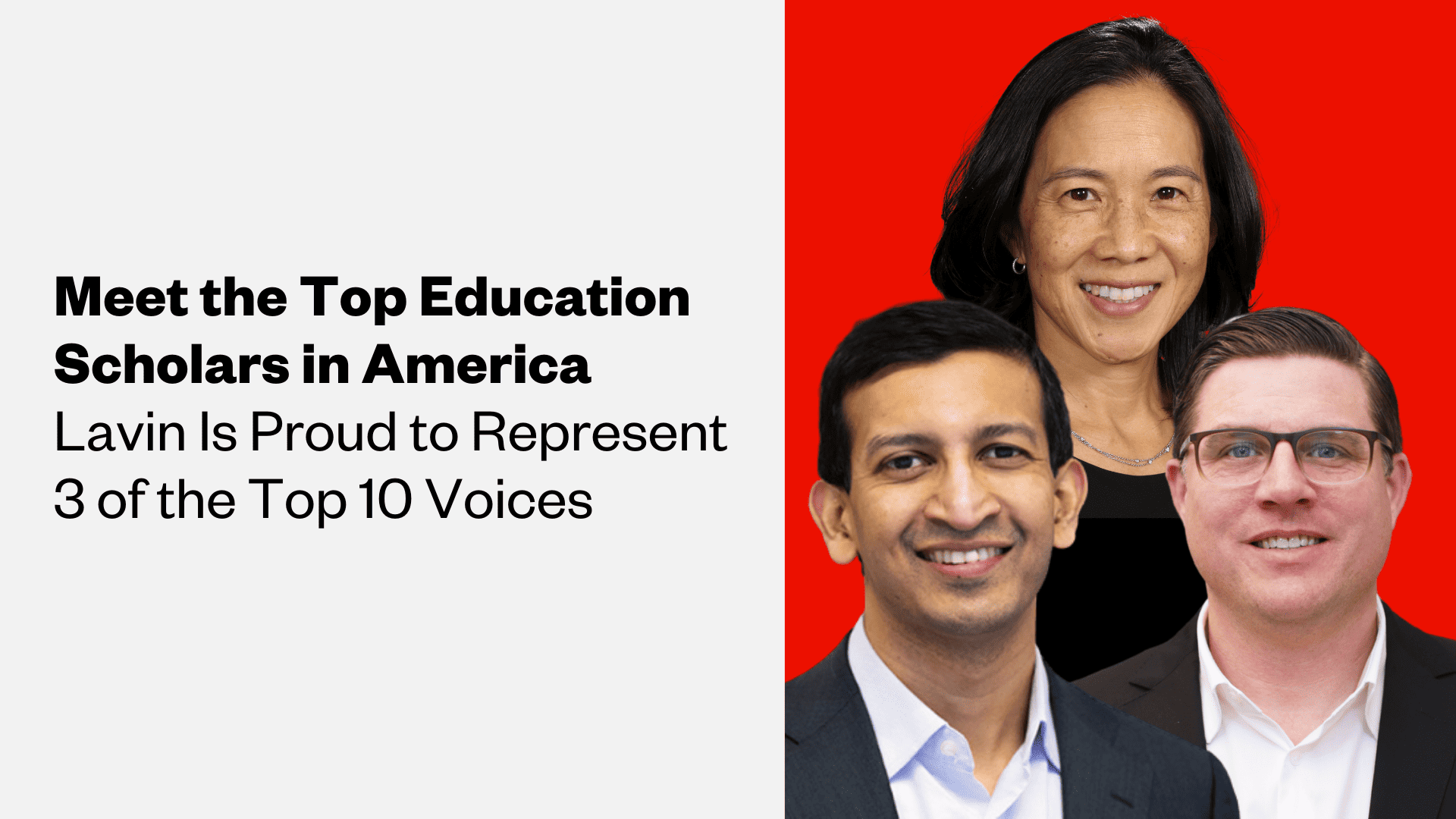
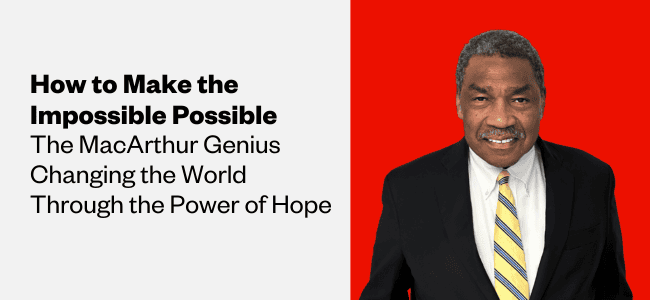
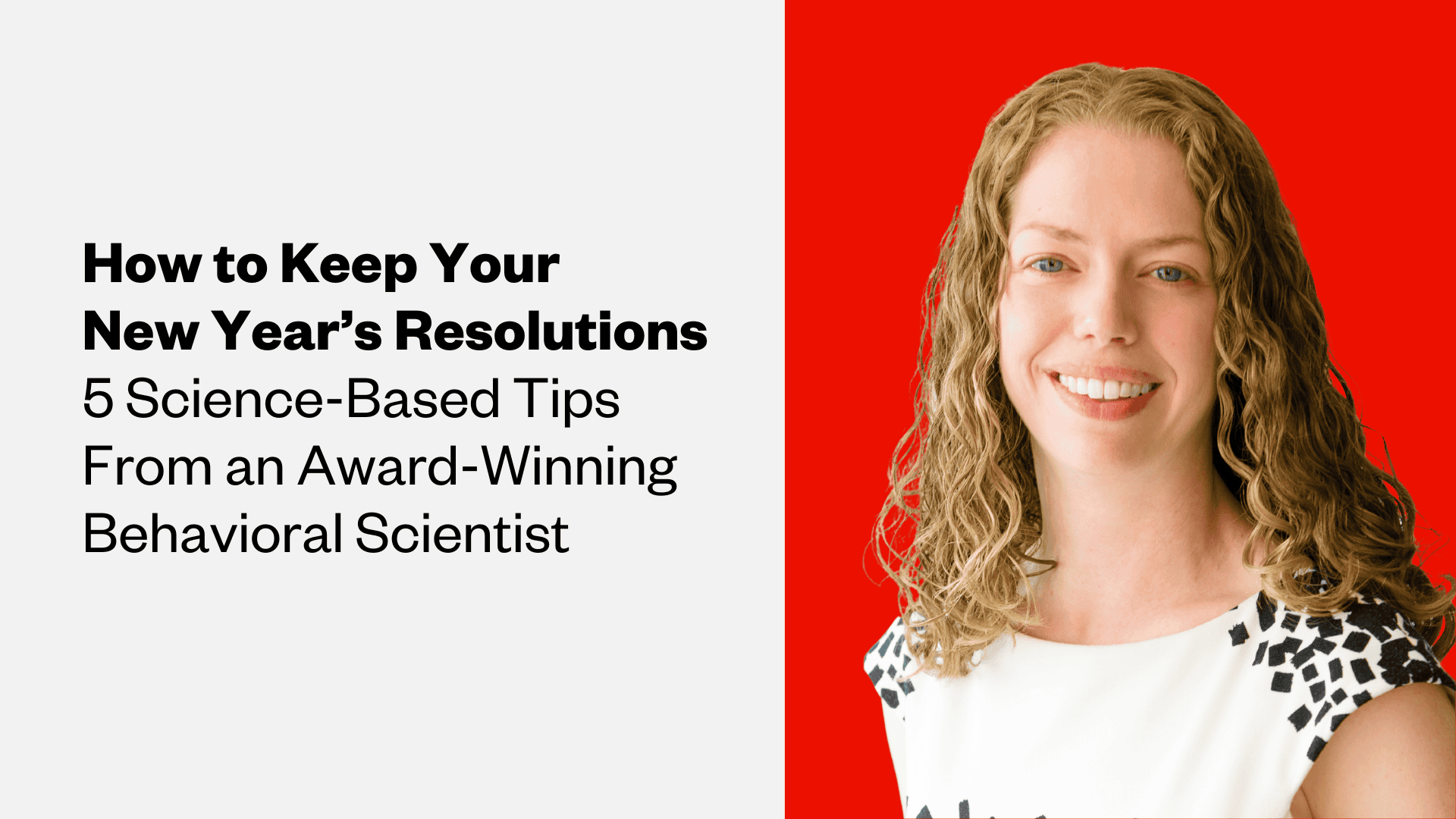
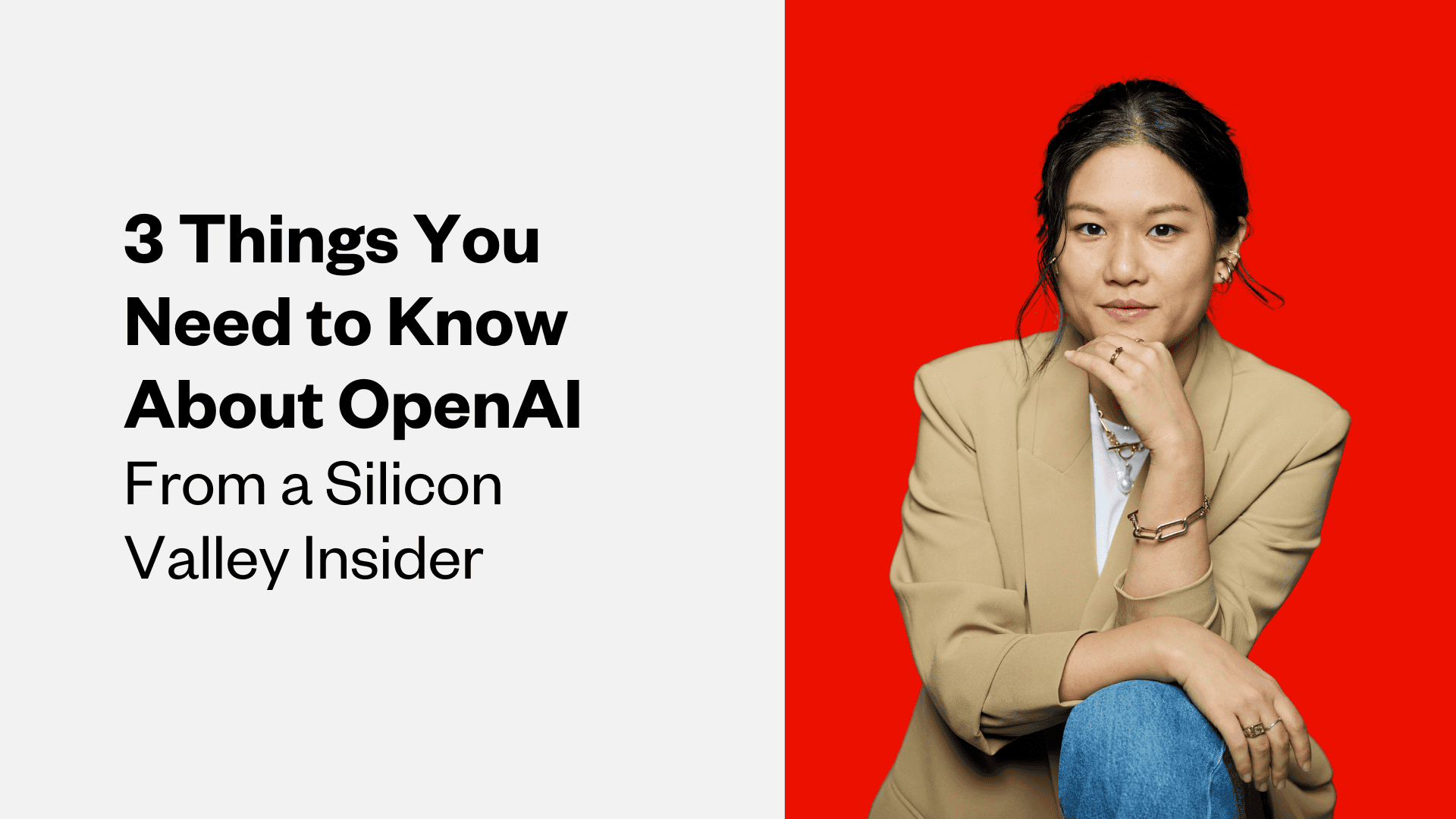
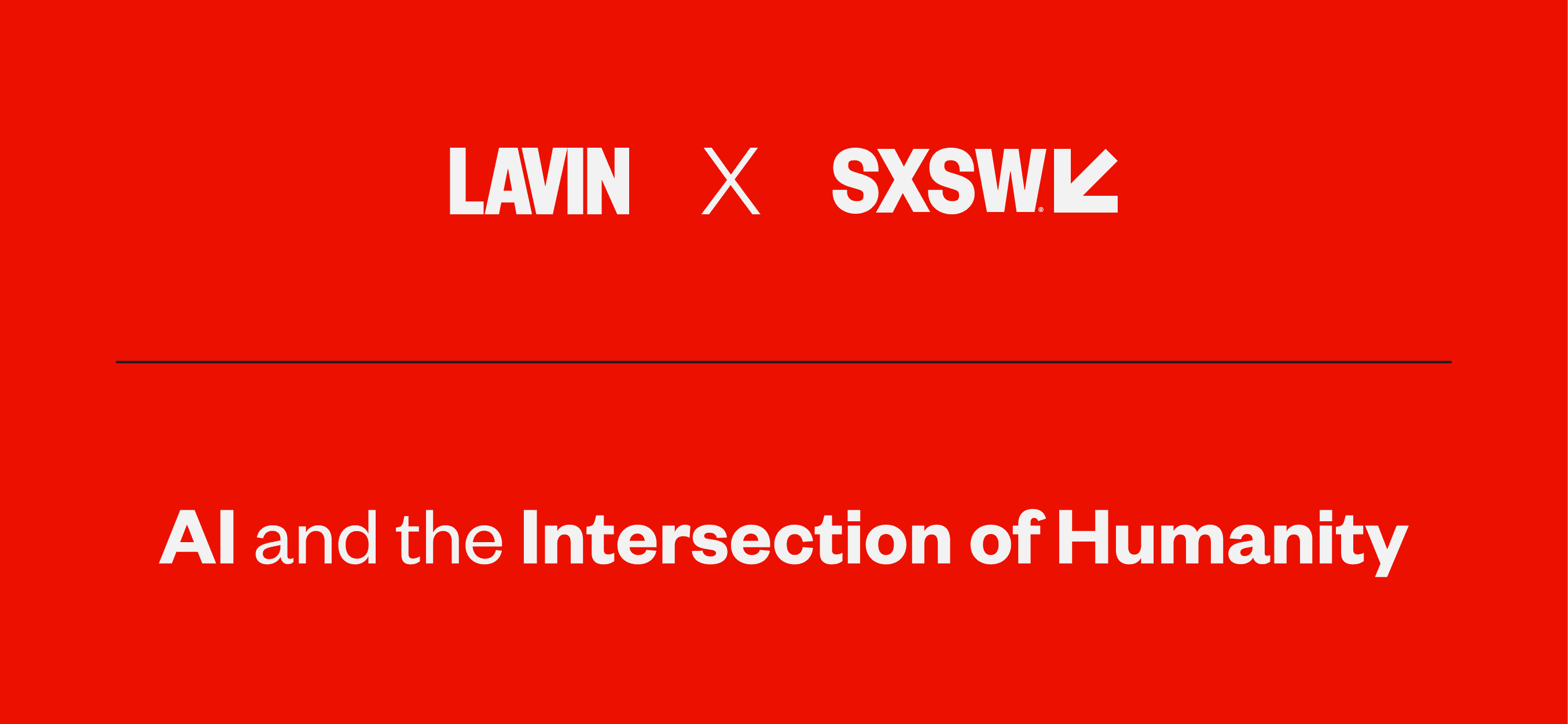
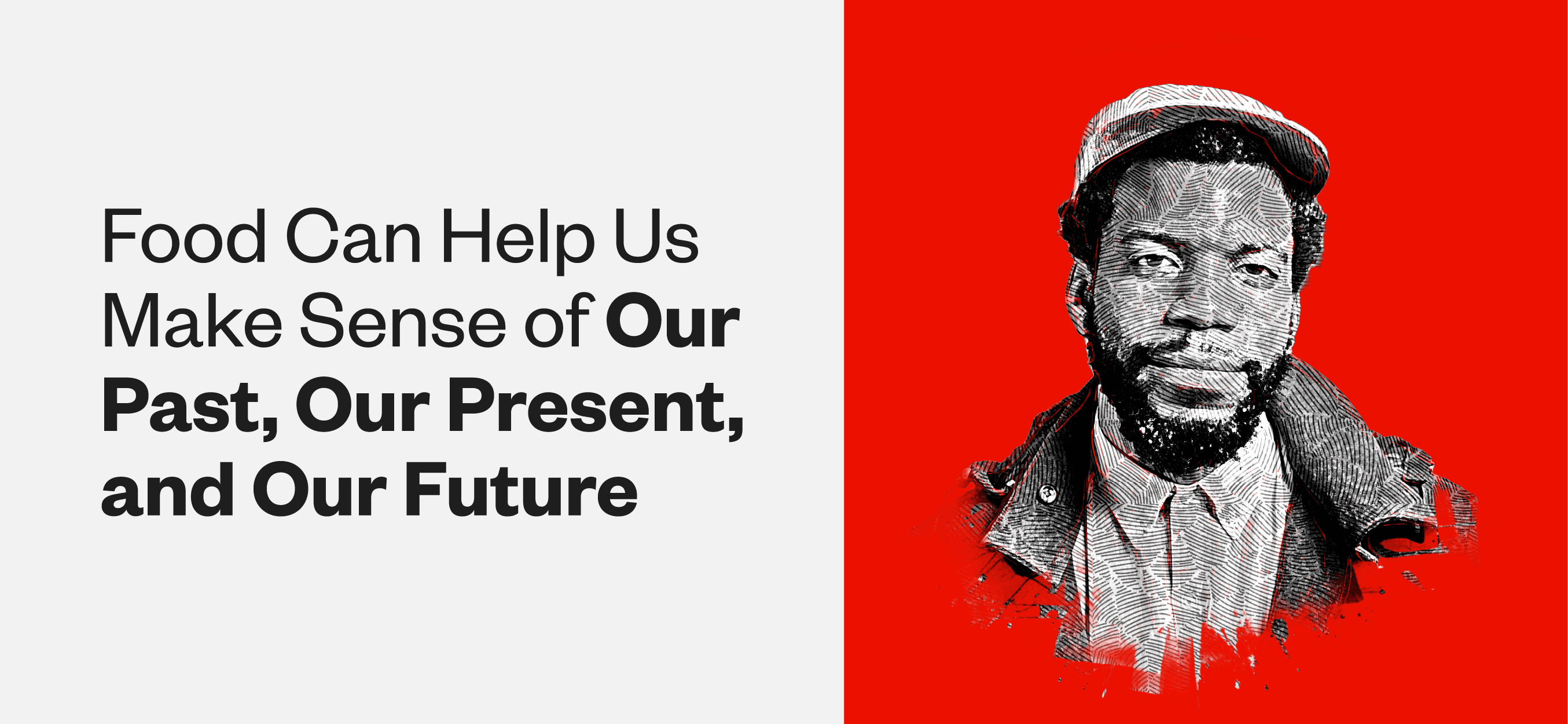
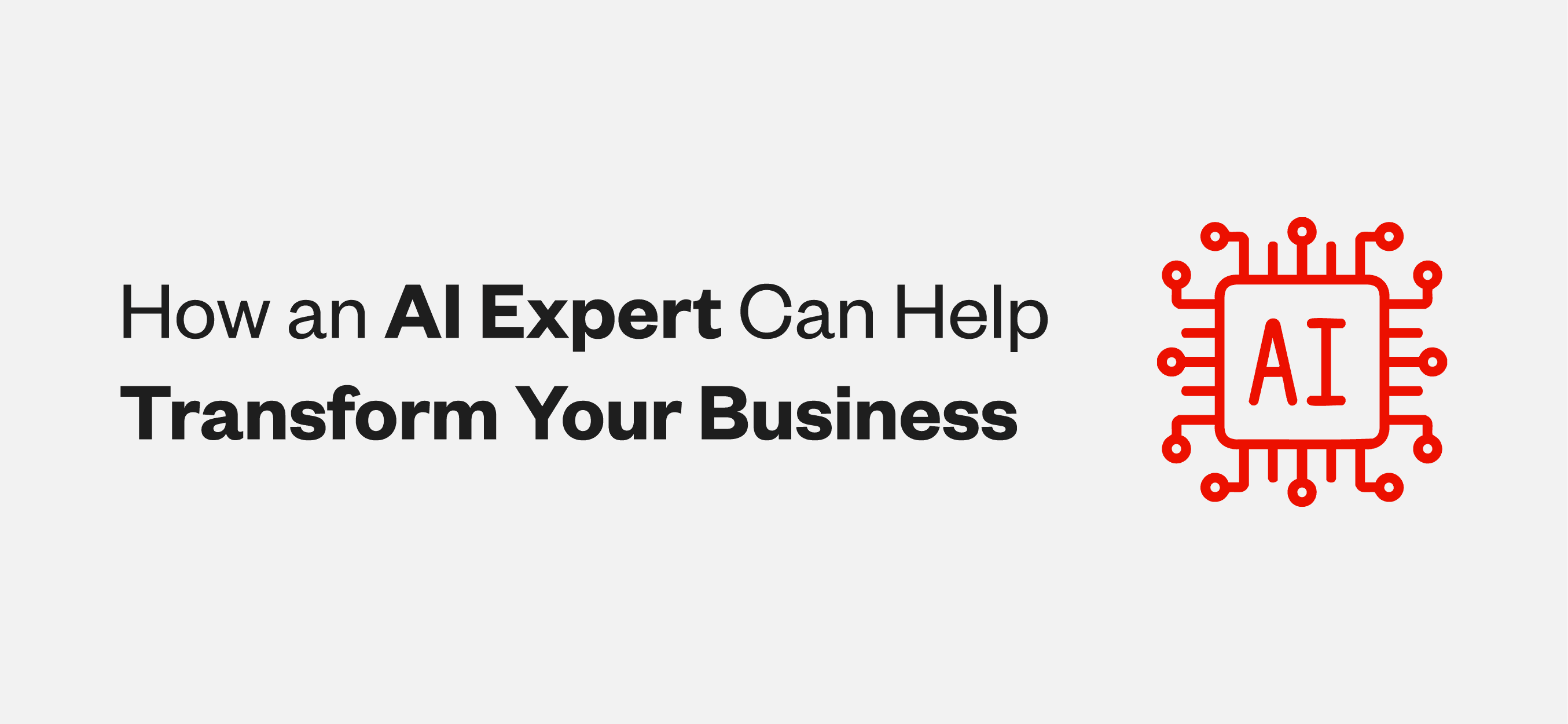
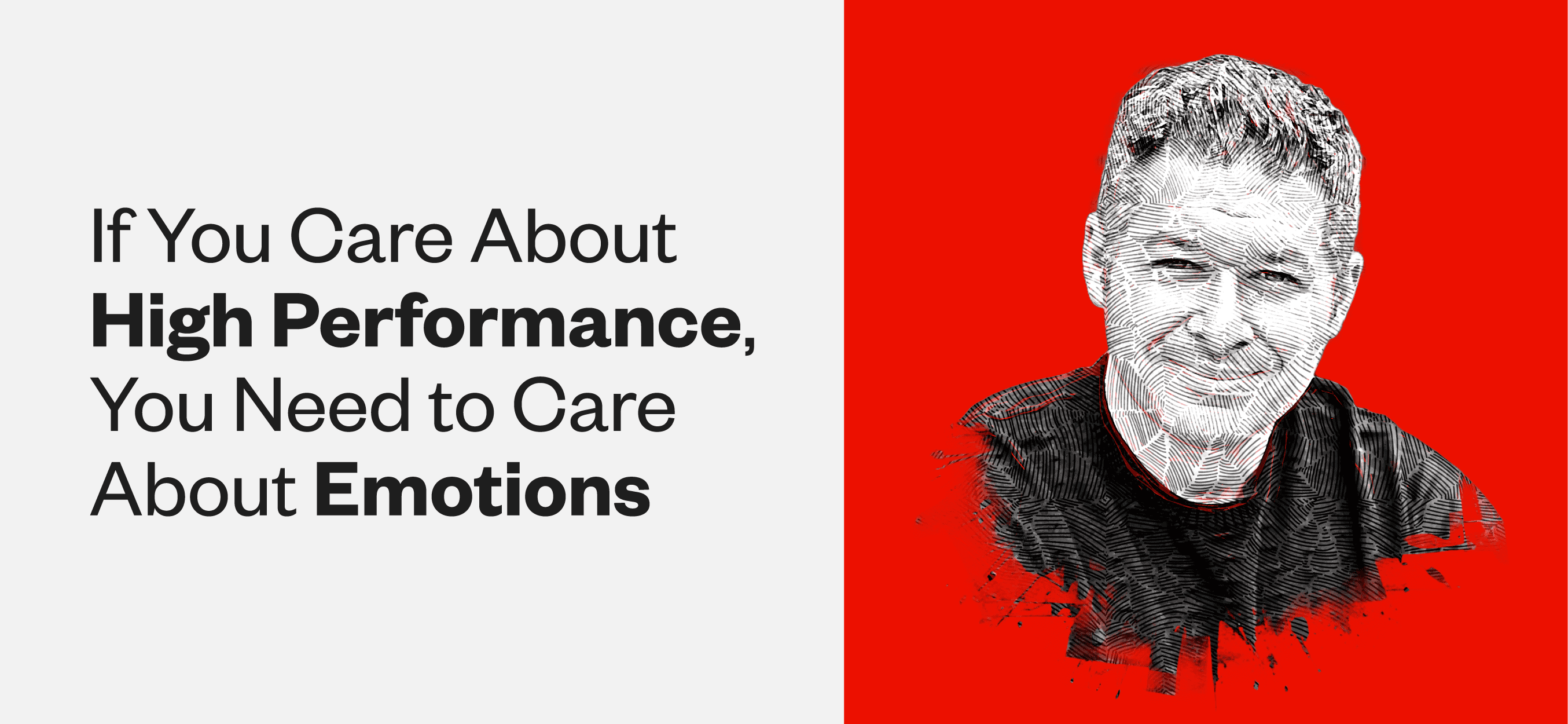


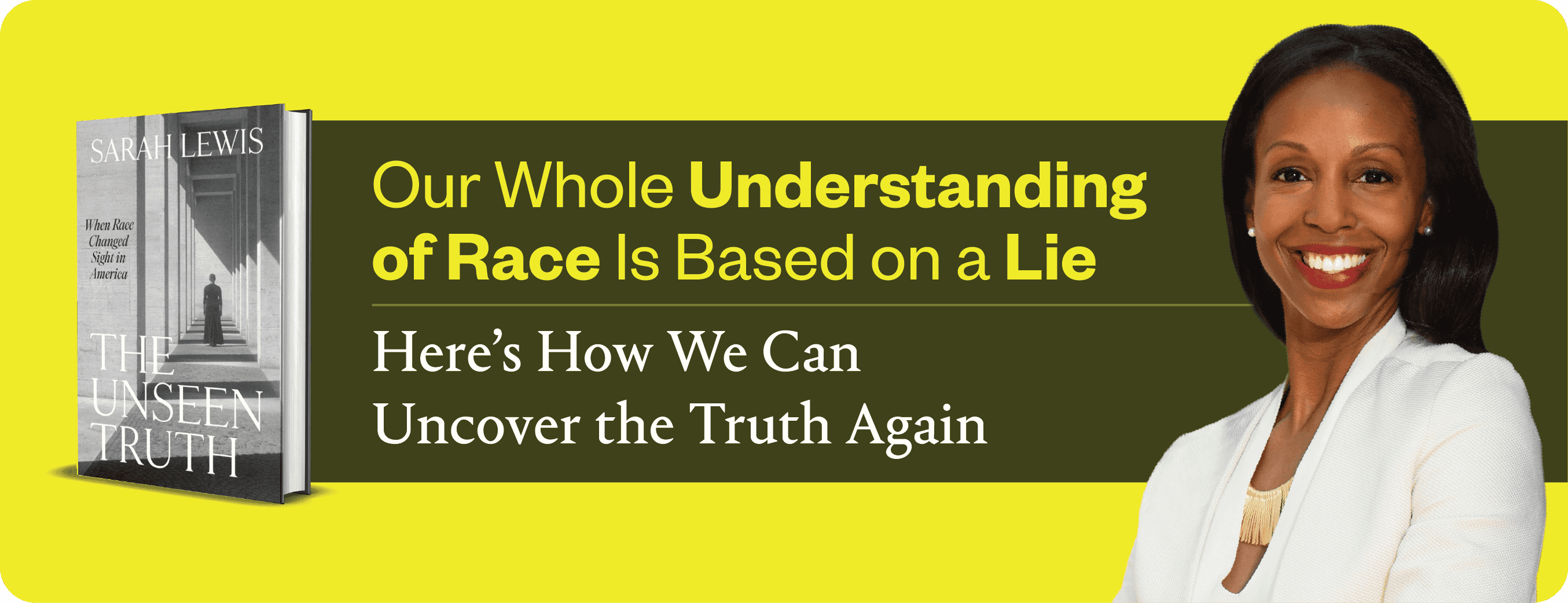
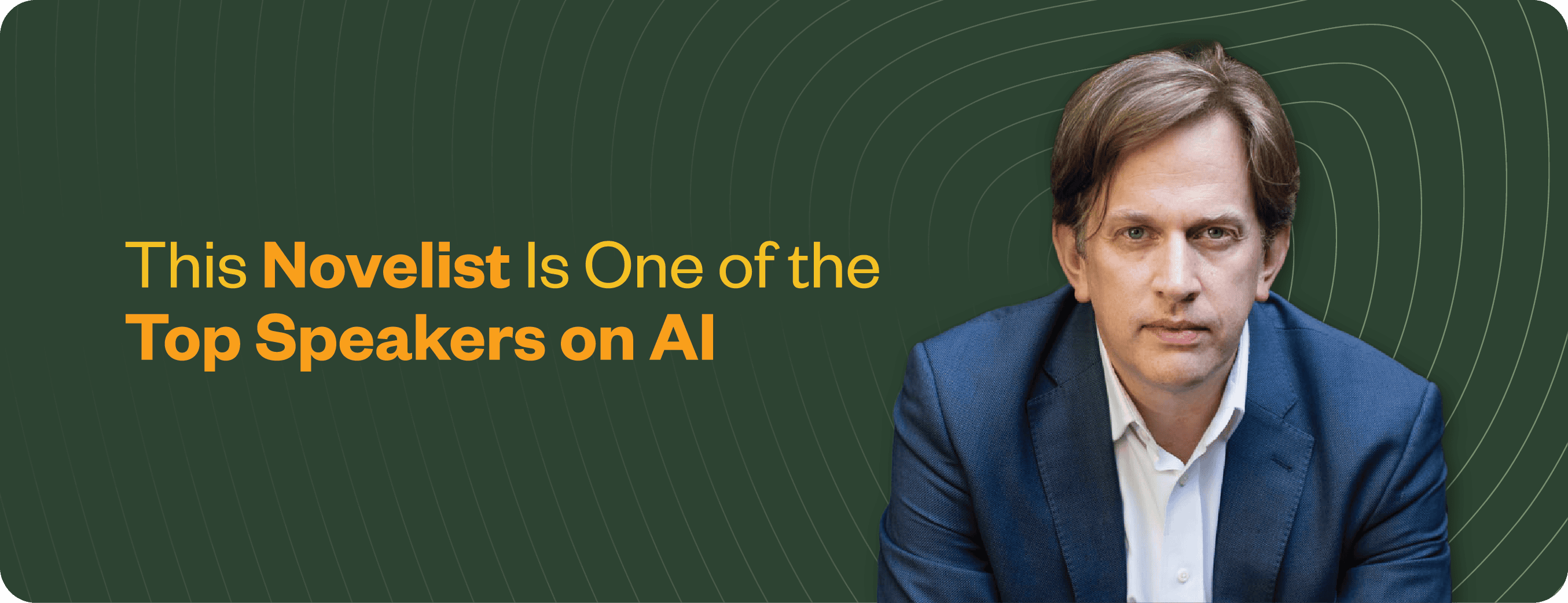
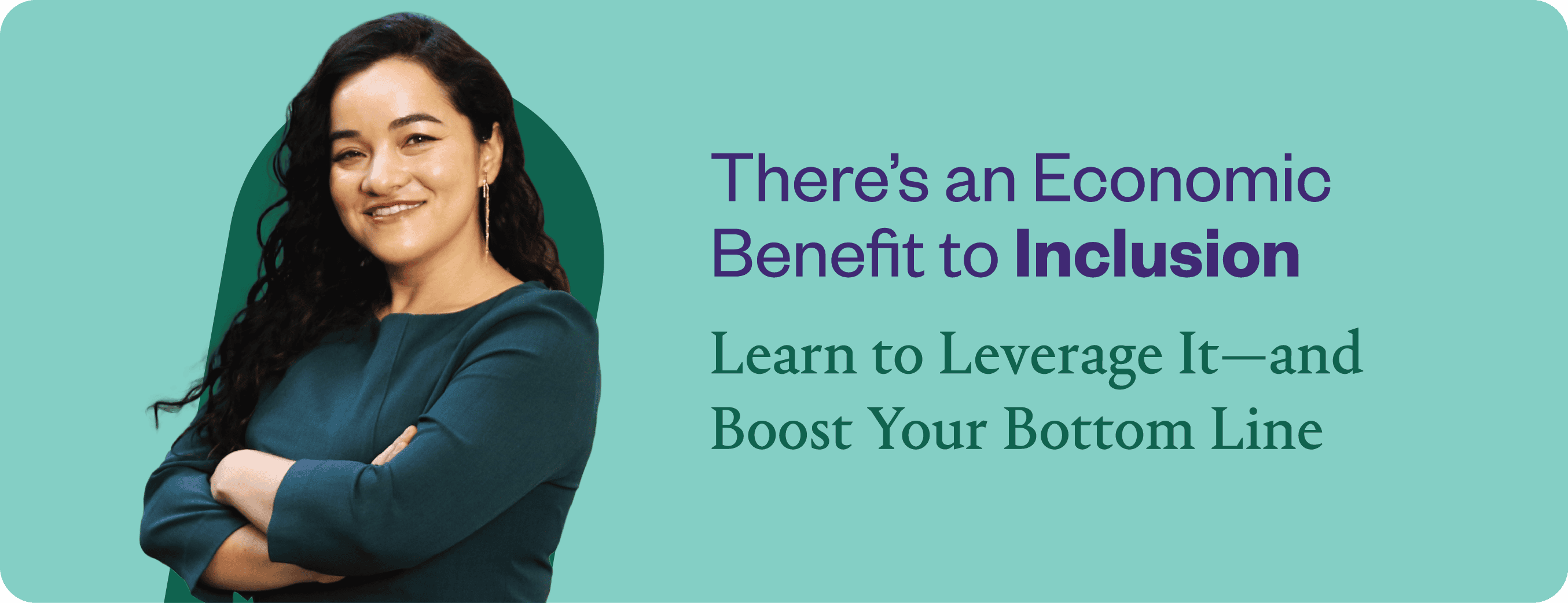
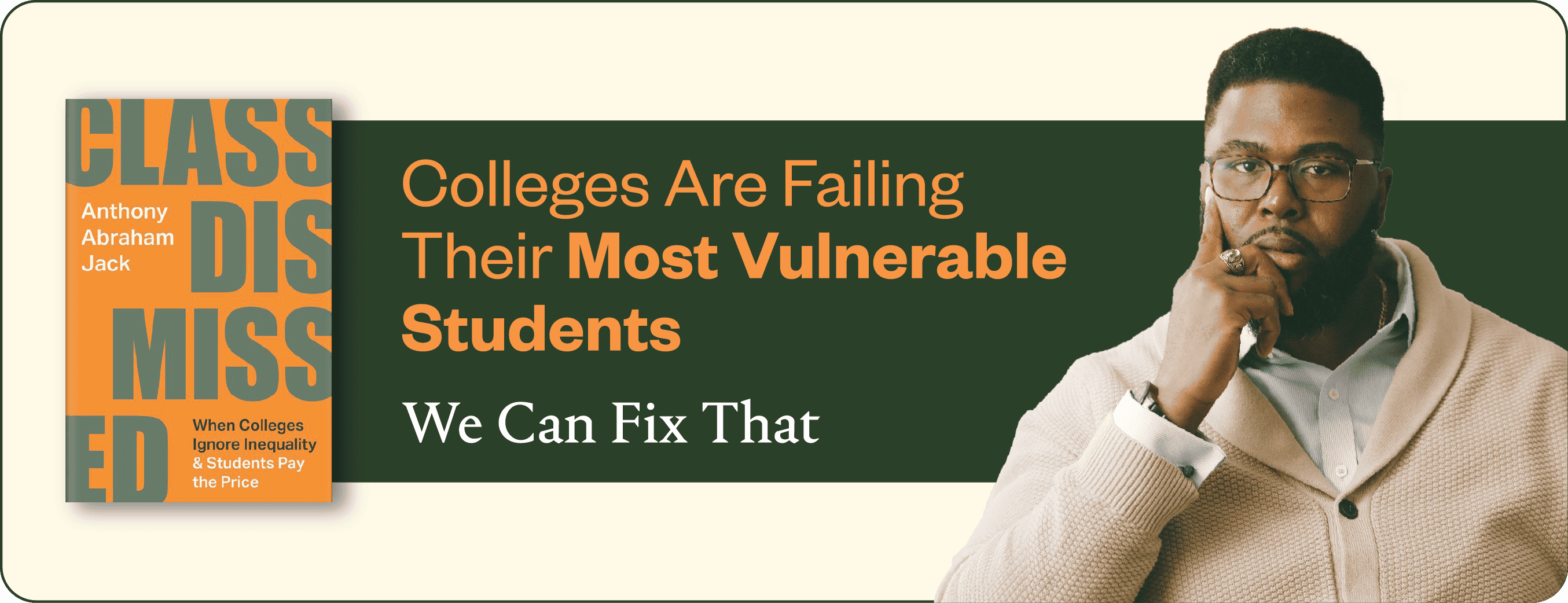

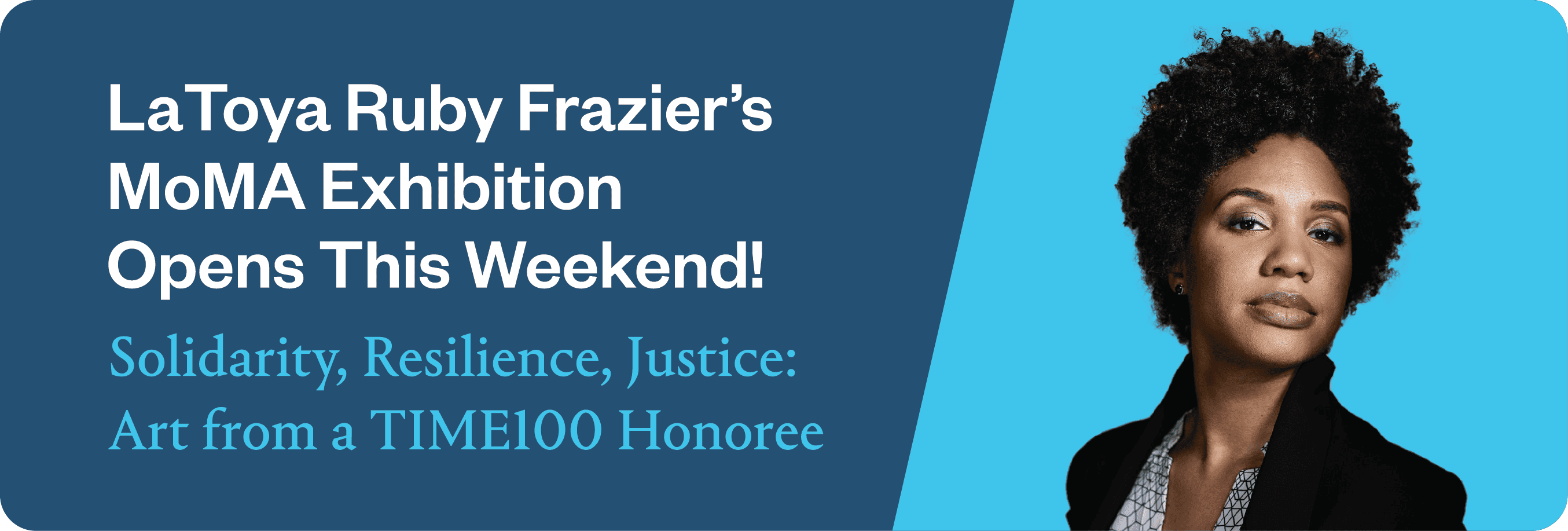
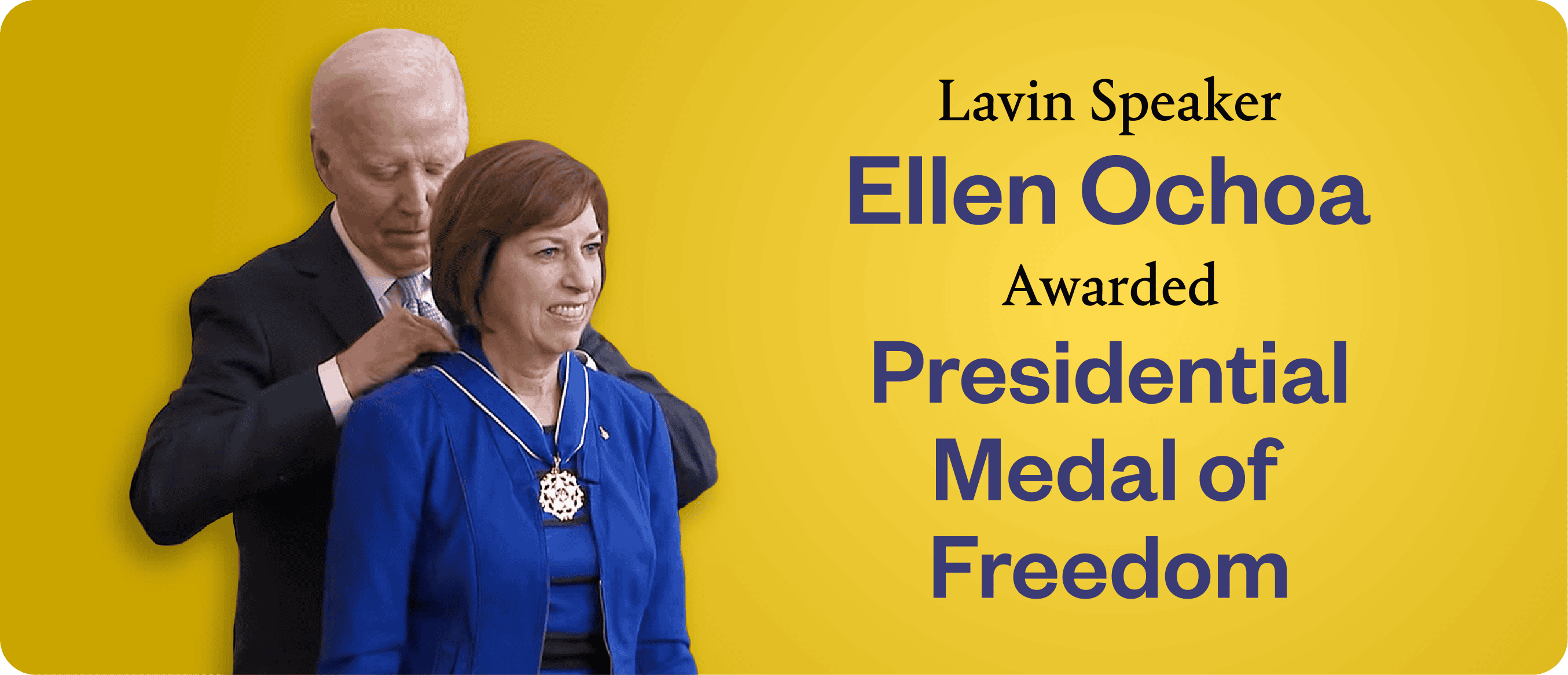
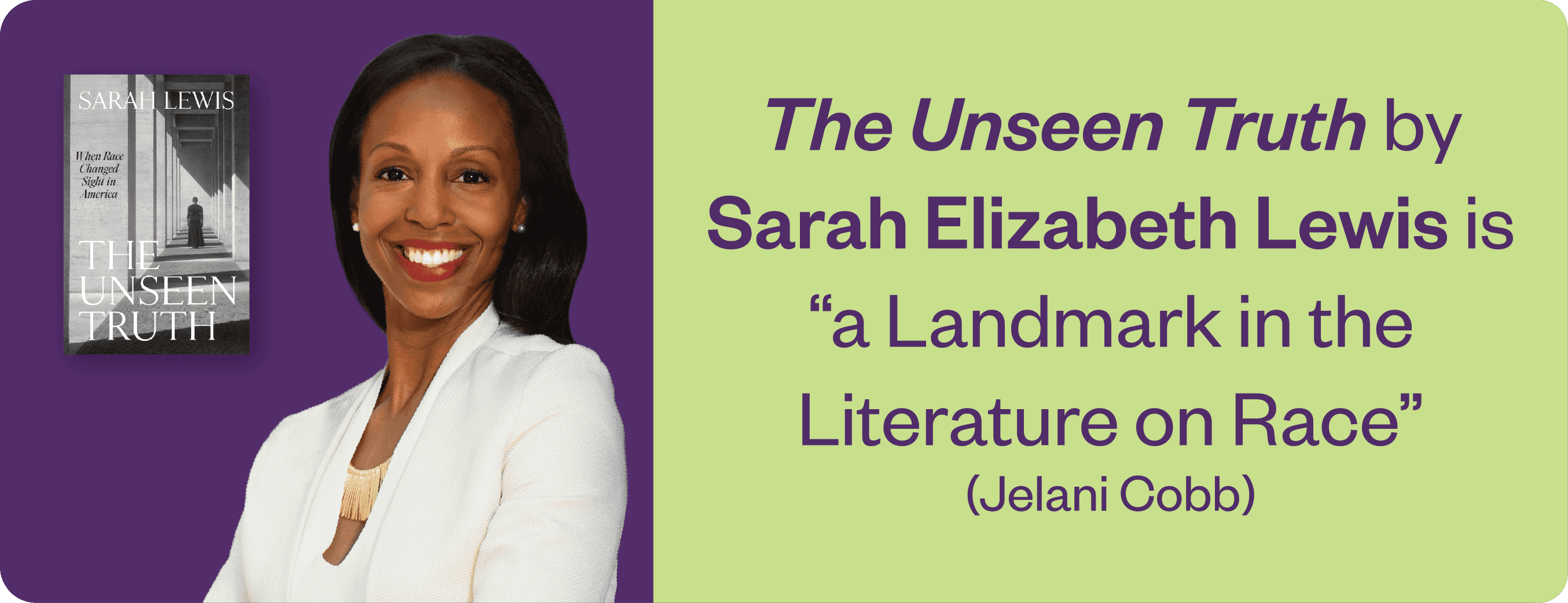
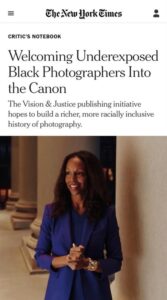
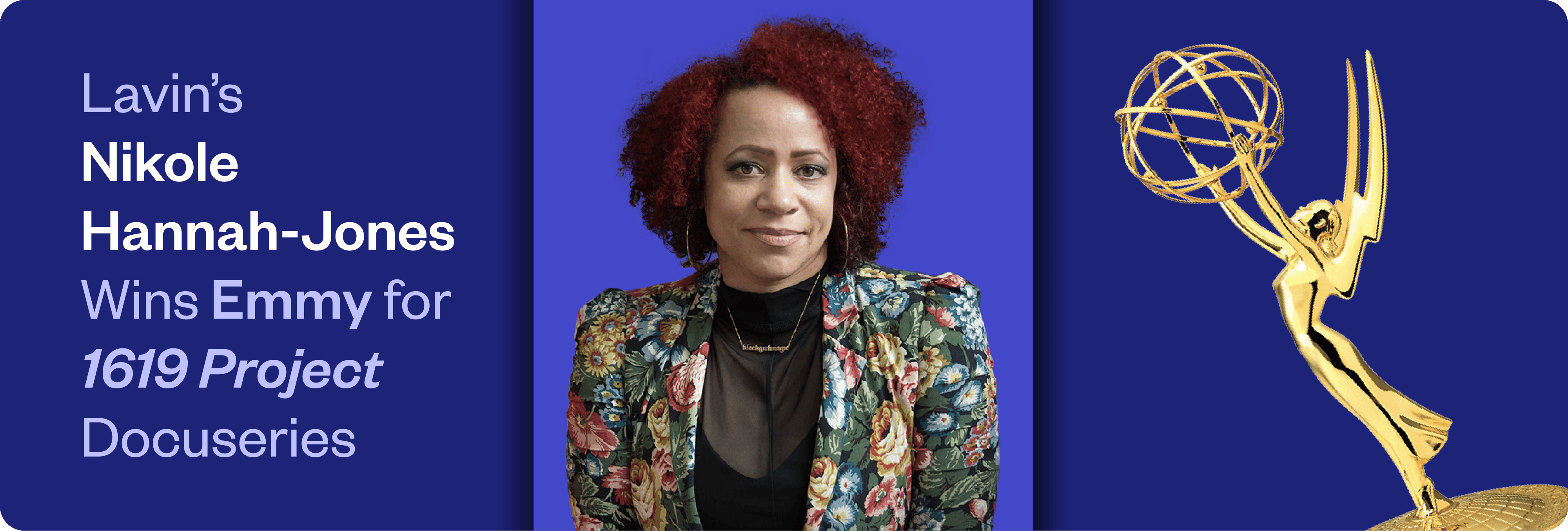
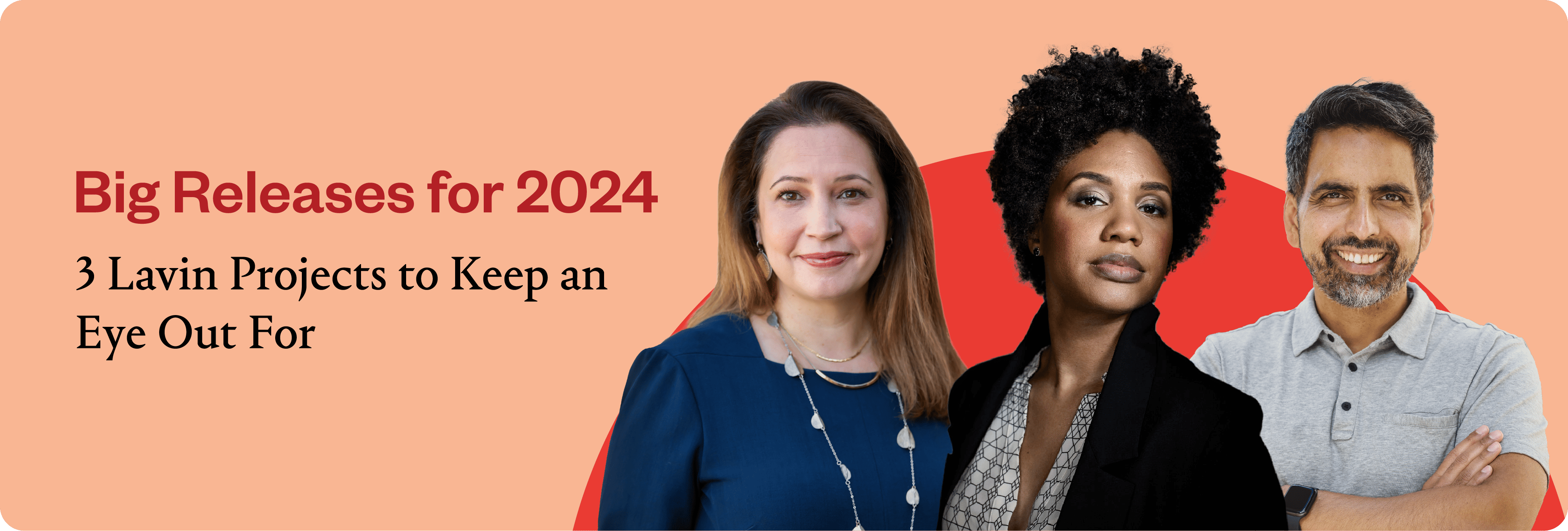
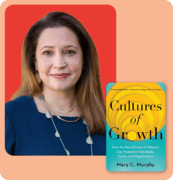

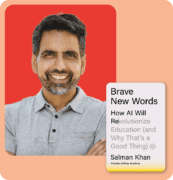
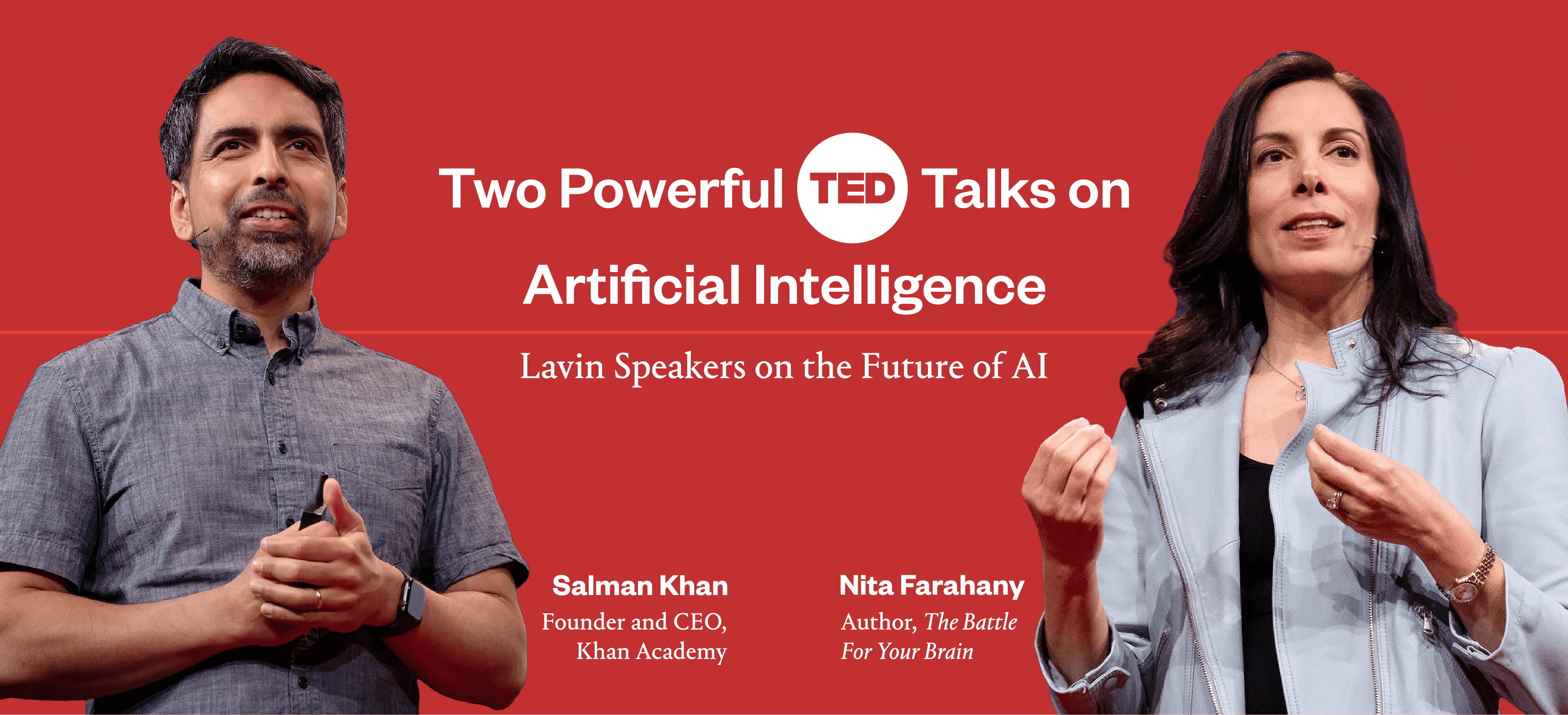
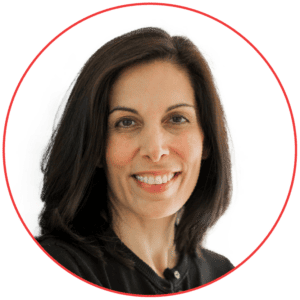 The fusion of our minds with technology is not science fiction—it’s today’s reality. At
The fusion of our minds with technology is not science fiction—it’s today’s reality. At 